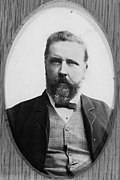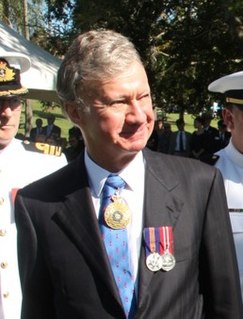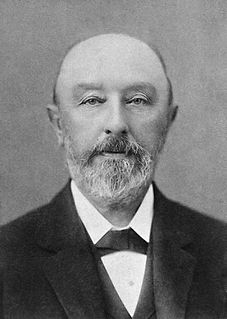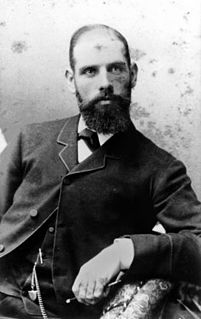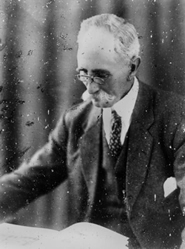| |||||||||||||||||||||||||||||
All 72 seats in the Legislative Assembly of Queensland 37 Assembly seats were needed for a majority | |||||||||||||||||||||||||||||
|---|---|---|---|---|---|---|---|---|---|---|---|---|---|---|---|---|---|---|---|---|---|---|---|---|---|---|---|---|---|
| |||||||||||||||||||||||||||||
| |||||||||||||||||||||||||||||
Elections were held in the Australian state of Queensland on 27 August 1904 to elect the members of the state's Legislative Assembly. The Ministerial Party maintained government with the continued support of the Labour Party.

The states and territories are the first-level administrative divisions of the Commonwealth of Australia. They are the second level of government in Australia, located between the federal and local government tiers.

Queensland is the second-largest and third-most populous state in the Commonwealth of Australia. Situated in the north-east of the country, it is bordered by the Northern Territory, South Australia and New South Wales to the west, south-west and south respectively. To the east, Queensland is bordered by the Coral Sea and Pacific Ocean. To its north is the Torres Strait, with Papua New Guinea located less than 200 km across it from the mainland. The state is the world's sixth-largest sub-national entity, with an area of 1,852,642 square kilometres (715,309 sq mi).

The Legislative Assembly of Queensland is the sole chamber of the unicameral Parliament of Queensland. Elections are held every four years. Voting is by the full-preferential voting form of the alternative vote system. The Assembly has 93 members, who have used the letters MP after their names since 2000.


